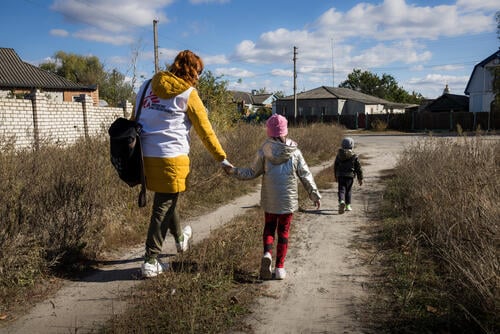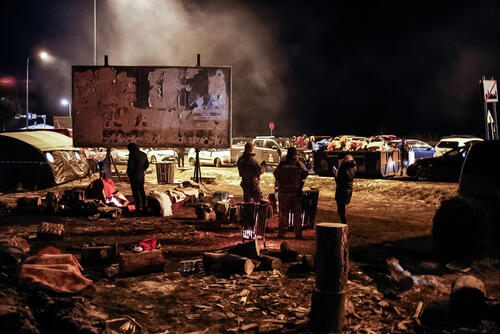
Poland
Find out more on the latest MSF medical humanitarian activities in Poland.
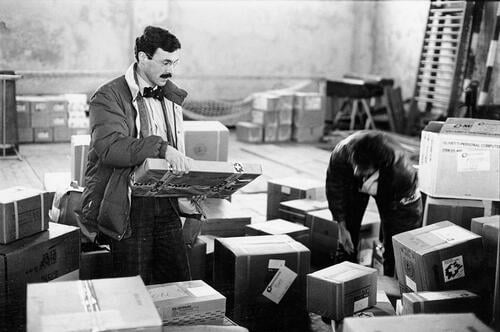
Romania
MSF briefly returned to Romania in 2022.
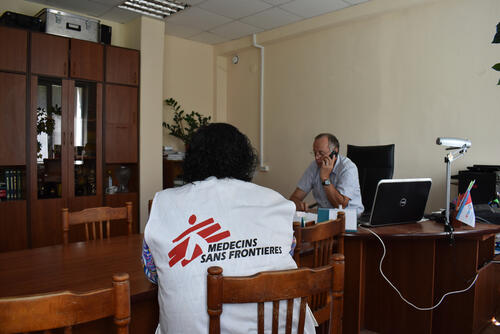
Russia
In Russia, we ran tuberculosis programmes, offered healthcare to vulnerable people, and provided care to refugees and displaced people.
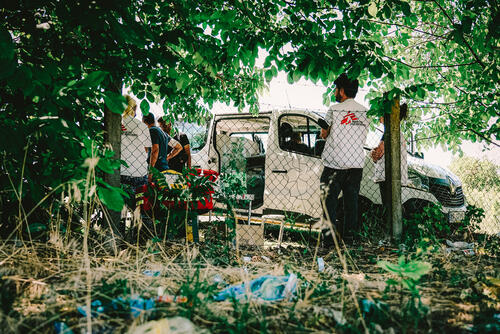
Serbia
Since 2014, we have provided medical and psychological assistance channels for asylum seekers, refugees and migrants in Serbia.
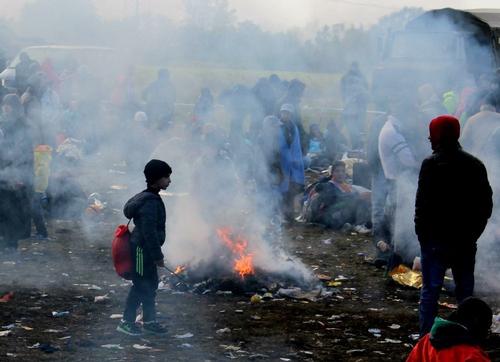
Slovenia
In 2015, MSF supported the Slovenian Ministry of Health at the Brežice transit centre on the border with Croatia, providing around-the-clock medical assistance to migrants and refugees entering the country along the Balkan route.
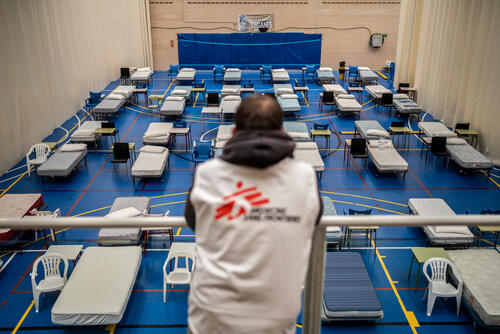
Spain
We closed our COVID-19 project in 202.
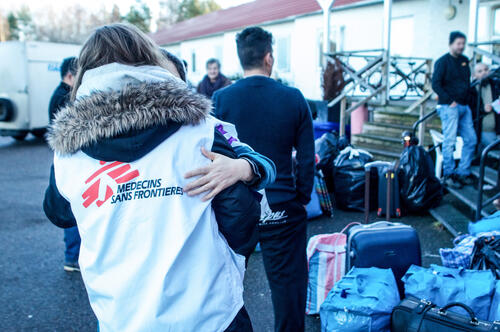
Sweden
In 2017, MSF provided humanitarian support to asylum seekers in Sweden’s Västra Götaland county.
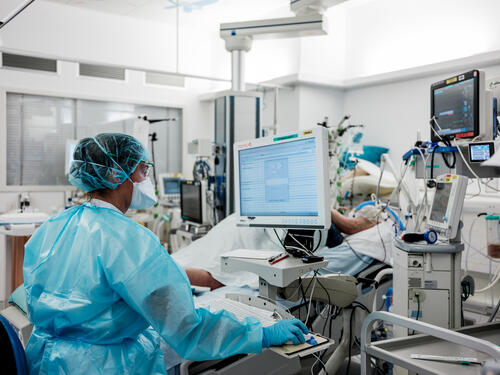
Switzerland
We closed our COVID-19 projects in 2021.
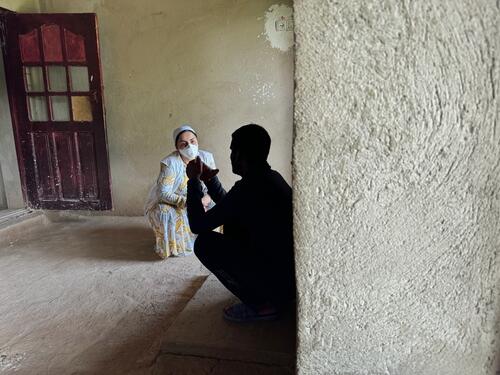
Tajikistan
We are working with the Tajikistan Ministry of Health and Social Protection to diagnose and treat children with drug-resistant tuberculosis (DR-TB).
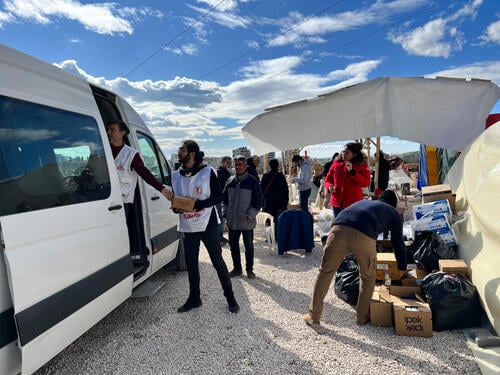
Türkiye
We ended our response to the earthquakes in Türkiye in May 2023.
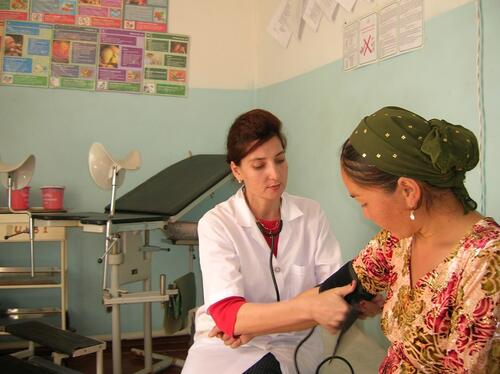
Turkmenistan
MSF closed its projects in Turkmenistan in 2009.
